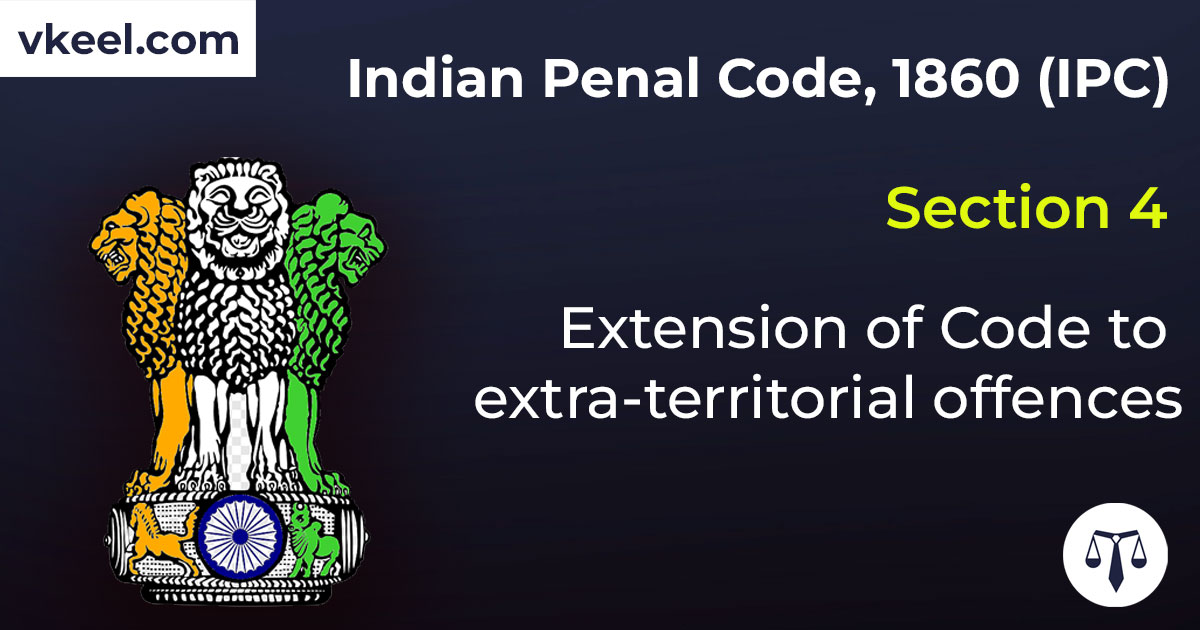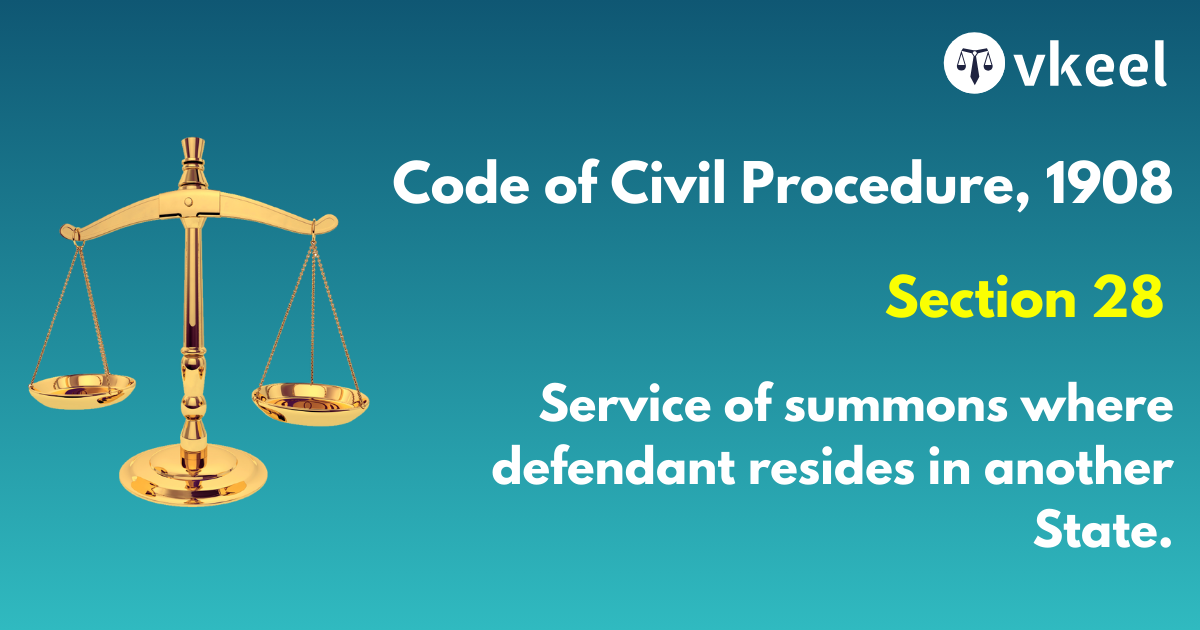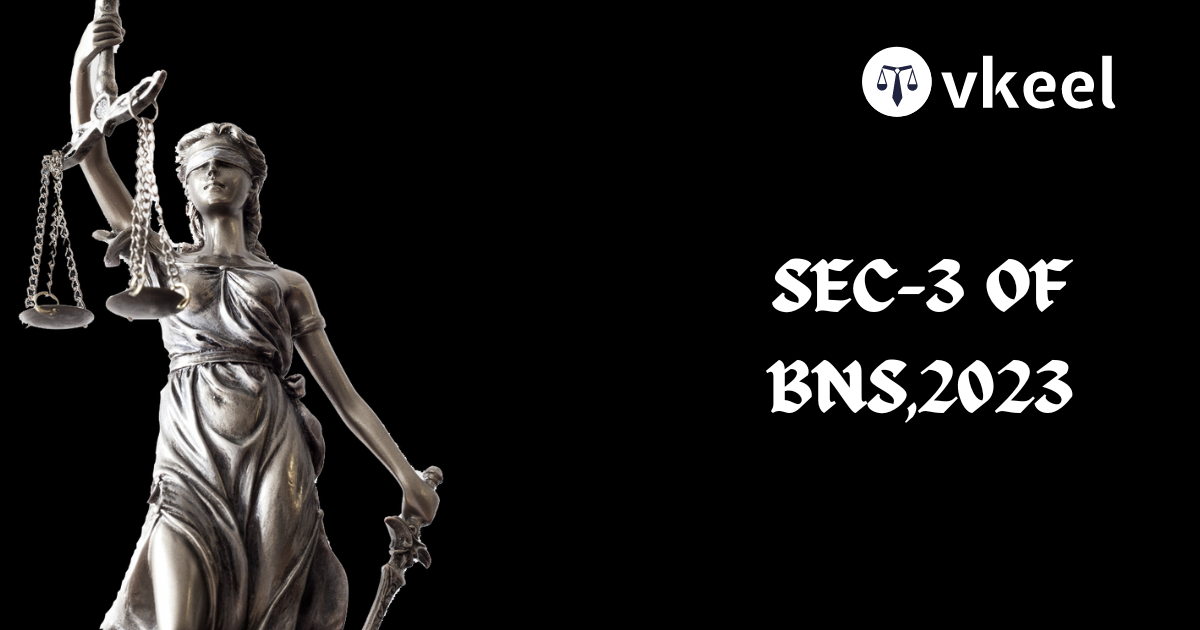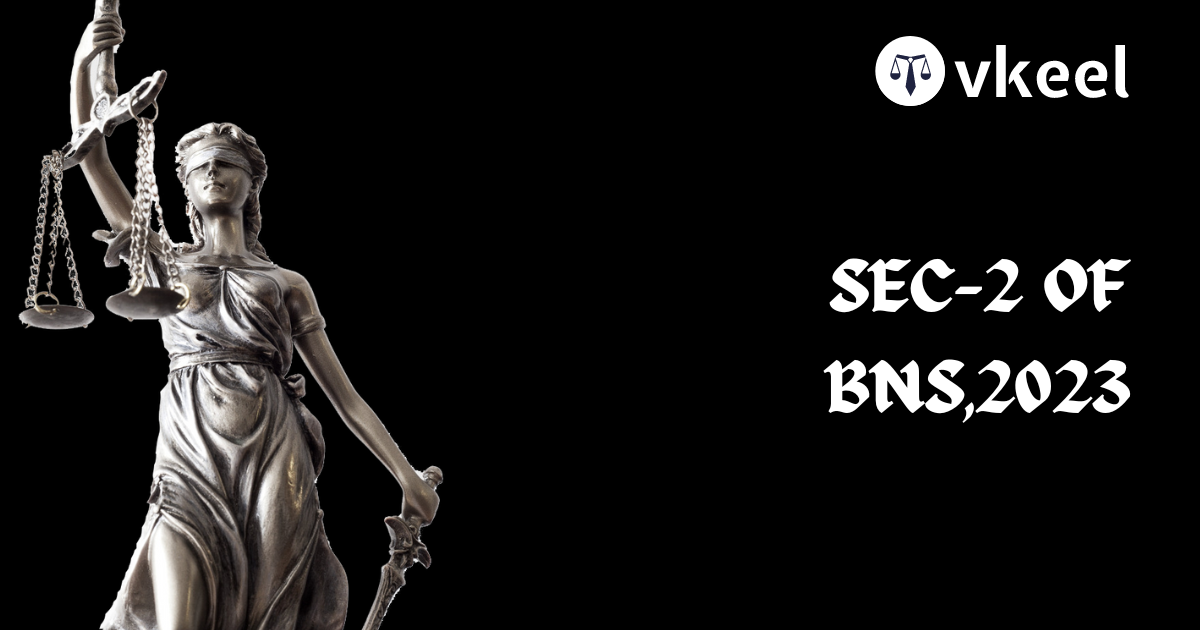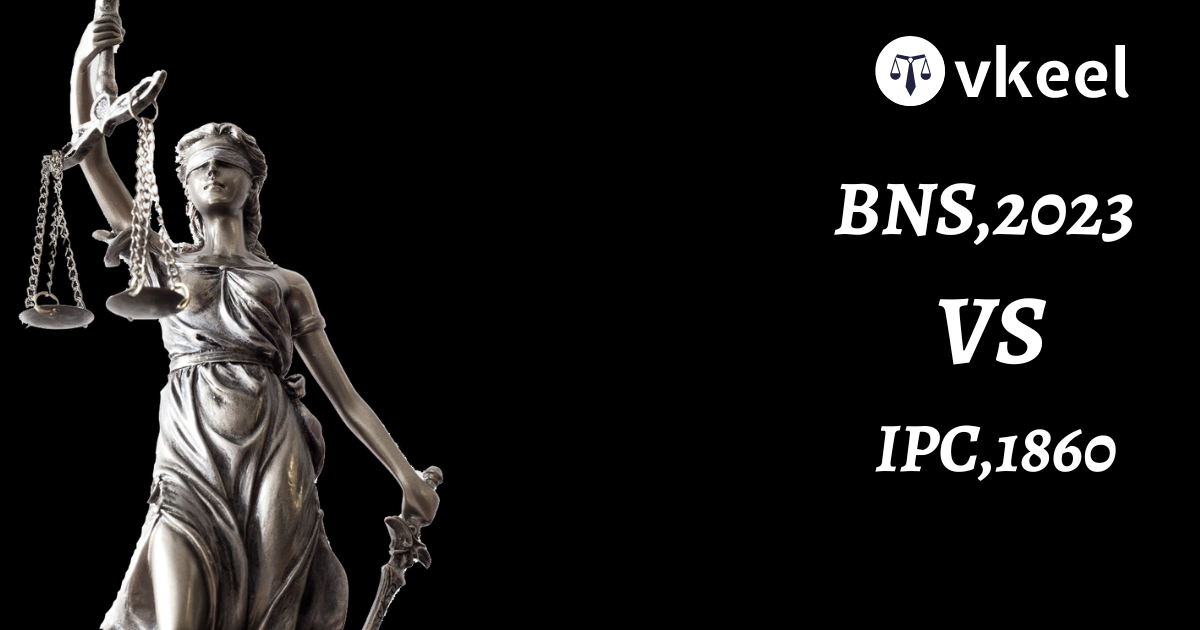Section 4 Indian Penal Code 1860 (IPC) – Extension of Code to extra-territorial offences
By Vkeel Team
Table of Contents
Description
“Section 4 Indian Penal Code 1860 (IPC)”
1The provisions of this Code apply also to any offence committed by
2[(1) any citizen of India in any place without and beyond India;
(2) any person on any ship or aircraft registered in India wherever it may be.]
3[(3) any person in any place without and beyond India committing offence targeting a computer resource located in India.]
4[Explanation.–In this section–
(a) the word “offence” includes every act committed outside India which, if committed in India, would be punishable under this Code;
(b) the expression “computer resource” shall have the meaning assigned to it in clause (k) of sub-section (1) of section 2 of the Information Technology Act, 2000 (21 of 2000);]
5[Illustration]
6***A, 7[who is 8[a citizen of India]], commits a murder in Uganda. He can be tried and convicted of murder in any place in 9[India] in which he may be found.
10 *****
Exploring the Extent of the Section 4 Indian Penal Code 1860 (IPC)
The Indian Penal Code (IPC) of 1860 is a comprehensive criminal code that defines offences and prescribes punishments for them. Section 4 of the IPC is an important section that deals with the general exceptions to criminal liability. It states that nothing is an offence which is done by a person who is justified by law, or who by reason of a mistake of fact and not by reason of a mistake of law in good faith believes himself to be justified by law in doing it.
In other words, Section 4 of the IPC provides that a person is not liable for a criminal offence if he can prove that he was justified in doing the act or that he had a reasonable belief that he was justified in doing it. This section is based on the principle of mens rea, which states that a person cannot be held liable for a criminal offence unless he had a guilty mind or intention.
Section 4 of the IPC is further divided into two parts. The first part deals with the exceptions to criminal liability, while the second part deals with the circumstances in which a person is not liable for an act done in good faith.
The exceptions to criminal liability provided by Section 4 of the IPC include acts done in self-defence, acts done in good faith for the benefit of a person without his consent, acts done in good faith for the benefit of a child or insane person, acts done in good faith for the benefit of a public servant, and acts done in good faith for the benefit of a person whose consent cannot be obtained.
The circumstances in which a person is not liable for an act done in good faith include acts done in good faith for the protection of a person from death or grievous hurt, acts done in good faith for the prevention of a crime, acts done in good faith for the protection of property, and acts done in good faith for the discharge of any legal duty.
In conclusion, Section 4 of the IPC provides a number of exceptions to criminal liability and circumstances in which a person is not liable for an act done in good faith. It is an important section that helps to ensure that people are not held liable for criminal offences if they can prove that they were justified in doing the act or that they had a reasonable belief that they were justified in doing it.
Impact of Section 4 Indian Penal Code 1860 (IPC) on Extra-Territorial Offences
The Indian Penal Code (IPC) of 1860 is a comprehensive criminal code that applies to all persons within India, as well as to Indian citizens outside of India. Section 4 of the IPC is particularly relevant to extra-territorial offences, as it outlines the scope of the IPC and the jurisdiction of Indian courts.
Section 4 of the IPC states that the code applies to any offence committed by any person within India, as well as any offence committed by an Indian citizen outside of India. This means that Indian citizens who commit offences outside of India are still subject to the IPC and can be prosecuted in Indian courts. This is an important provision, as it allows Indian courts to exercise jurisdiction over offences committed by Indian citizens outside of India.
The impact of Section 4 of the IPC on extra-territorial offences is significant. It allows Indian courts to exercise jurisdiction over offences committed by Indian citizens outside of India, which is important for ensuring that Indian citizens are held accountable for their actions. Furthermore, it allows Indian courts to prosecute offences that may not be covered by the laws of the country in which the offence was committed. This is especially important in cases where the laws of the country in which the offence was committed are not as stringent as those of India.
In conclusion, Section 4 of the IPC has a significant impact on extra-territorial offences. It allows Indian courts to exercise jurisdiction over offences committed by Indian citizens outside of India, which is important for ensuring that Indian citizens are held accountable for their actions. Furthermore, it allows Indian courts to prosecute offences that may not be covered by the laws of the country in which the offence was committed.
Constitutional Validity of Section 4 Indian Penal Code 1860 (IPC)
The Indian Penal Code (IPC) of 1860 is a comprehensive criminal code that defines offences and prescribes punishments for them. Section 4 of the IPC is a crucial provision that deals with the general exceptions to criminal liability. It states that “nothing is an offence which is done by a person who is justified by law, or who by reason of a mistake of fact and not by reason of a mistake of law in good faith, believes himself to be justified by law in doing it.”
The constitutional validity of Section 4 of the IPC has been challenged in various cases. In the case of State of Maharashtra v. Krishnaji Dattatraya Bhosale, the Supreme Court held that Section 4 of the IPC is constitutionally valid. The Court observed that the provision is in consonance with Article 20(1) of the Constitution of India, which states that no person shall be convicted of any offence except for violation of a law in force at the time of the commission of the act charged as an offence.
The Court further held that Section 4 of the IPC is a reasonable restriction on the right to freedom of speech and expression as guaranteed by Article 19(1)(a) of the Constitution. The Court noted that the provision is necessary to protect individuals from criminal liability in cases where they have acted in good faith and without any criminal intent.
In conclusion, it can be said that Section 4 of the IPC is constitutionally valid. The provision is in consonance with the fundamental rights guaranteed by the Constitution and is necessary to protect individuals from criminal liability in cases where they have acted in good faith and without any criminal intent.
1. Subs. by Act 4 of 1898, s. 2, for section 4.
2. Subs. by the A.O. 1950, for cls. (1) to (4).
3. Ins. by Act 10 of 2009, s. 51 (w.e.f. 27-10-2009).
4. Subs. by s. 51, ibid., for the Explanation (w.e.f. 27-10-2009).
5. Subs. by Act 36 of 1957, s. 3 and Schedule II, for “lllustrations”
6. The brackets and letter “(a)” omitted by s. 3 and the Second Sch., ibid.
7. Subs. by the A.O. 1948, for “a coolie, who is a Native Indian subject”
8. Subs. by the A.O. 1950, for “a British subject of Indian domicile”.
9. The words “British India” have been successively amended by the A.O. 1948, the A.O. 1950 and Act 3 of 1951, s. 3 and the Sch., to read as above.
10. Illustrations (b), (c) and (d) omitted by the A.O. 1950.
Description Source: indiacode
Disclaimer:
The information provided in the article is for general informational purposes only, and is not intended to constitute legal advice or to be relied upon as a substitute for legal advice. Furthermore, any information contained in the article is not guaranteed to be current, complete or accurate. If you require legal advice or representation, you should contact an attorney or law firm directly. We are not responsible for any damages resulting from any reliance on the content of this website.

